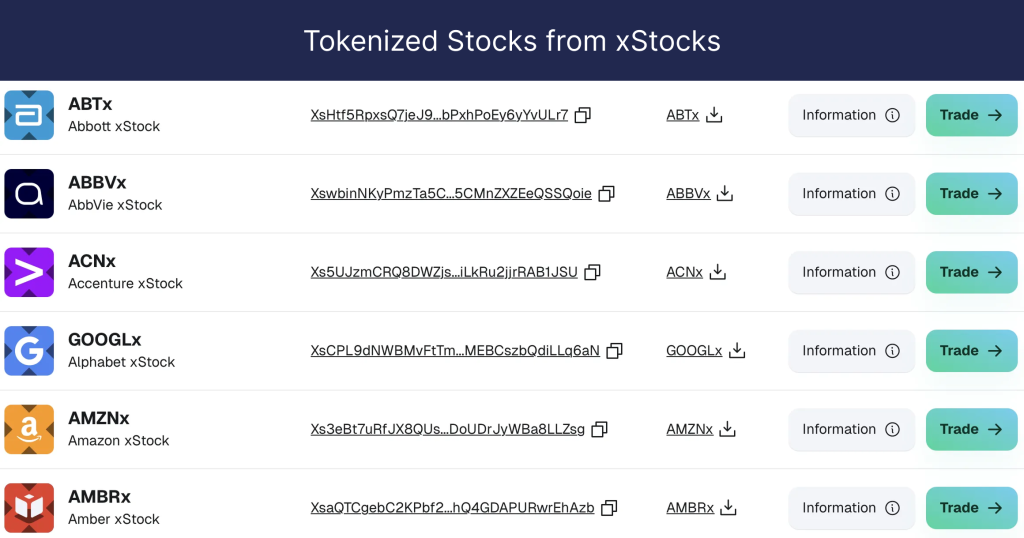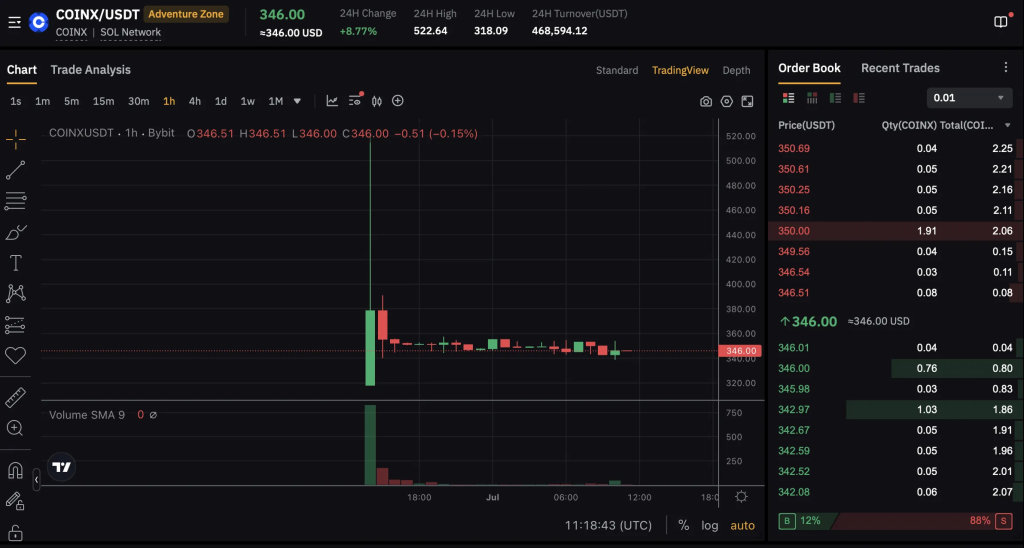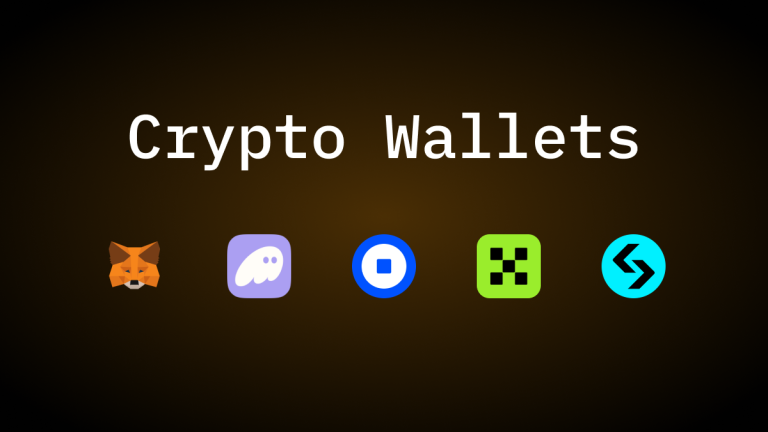Exploring the future of digital economy
Tokenized Stocks: Trading Launches on Kraken, Bybit, and Solana DeFi Protocols
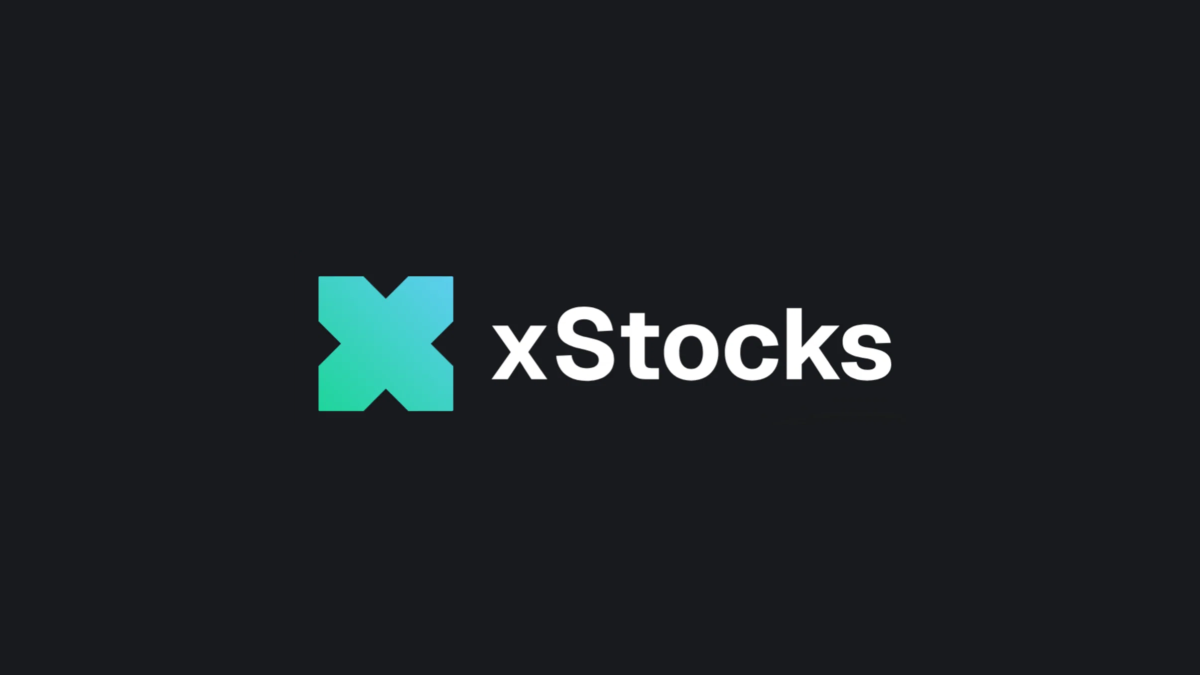
Introduction
On June 30, 2024, the Swiss fintech firm Backed Finance launched its platform xStocks , enabling users to trade tokenized versions of over 60 popular stocks and ETFs — including Apple, Tesla, Coinbase, GameStop, MicroStrategy, and the S&P 500 — across centralized exchanges (Kraken, Bybit) and decentralized finance (DeFi) protocols on Solana.
This marks a significant milestone in the convergence of traditional finance (TradFi) and decentralized finance (DeFi), offering investors new ways to access real-world assets (RWAs) with blockchain-native efficiency.
How xStocks Works
Tokenization Mechanism
Each xStocks token is a digital representation of an underlying stock or ETF, fully backed 1:1 by physical shares held by licensed custodians. These tokens are issued on the Solana blockchain as SPL tokens, replacing Backed’s earlier ERC-20 tokenized stock offerings, which were limited to professional clients and not available for public exchange trading.
The tokens represent claims against the issuer and are structured as securities under Swiss law.
Custody & Transparency
Physical shares are stored by independent custodians holding financial licenses. To ensure transparency and trust, Proof-of-Reserve mechanisms have been implemented:
- Chainlink Proof-of-Reserve Oracles publish on-chain attestations verifying the existence of reserves.
- Independent auditing firm The Network Firm cross-verifies holdings via custodian APIs.
Rights & Limitations
Notably, xStocks do not grant shareholder rights, such as voting privileges or dividend entitlements. However, they offer several advantages:
- Instant peer-to-peer transfers
- Fractional ownership
- Compatibility with smart contracts
- 24/7 tradability
Platform Availability
Centralized Exchanges
- Kraken: Listed xStocks pairs under its Bermuda-based subsidiary, operating under local regulatory oversight.
- Bybit: Compliant with MiFID II regulations and supports a growing list of tokenized equities.
Both exchanges allow withdrawals to external wallets, a key distinction from previous attempts like FTX or Binance, where funds remained locked within the ecosystem.
DeFi Integration on Solana
xStocks are now integrated into major Solana-based DeFi protocols:
- Raydium: Users can create liquidity pools (e.g., AAPLx/USDC).
- Jupiter: Supports all xStocks tokens and plans integration into Jupiter Lend.
- Kamino Finance: Offers lending/borrowing functionality using xStocks as collateral.
- Phantom & Solflare Wallets: Now support xStock tokens for storage and balance tracking.
Despite these integrations, liquidity remains limited in early stages.
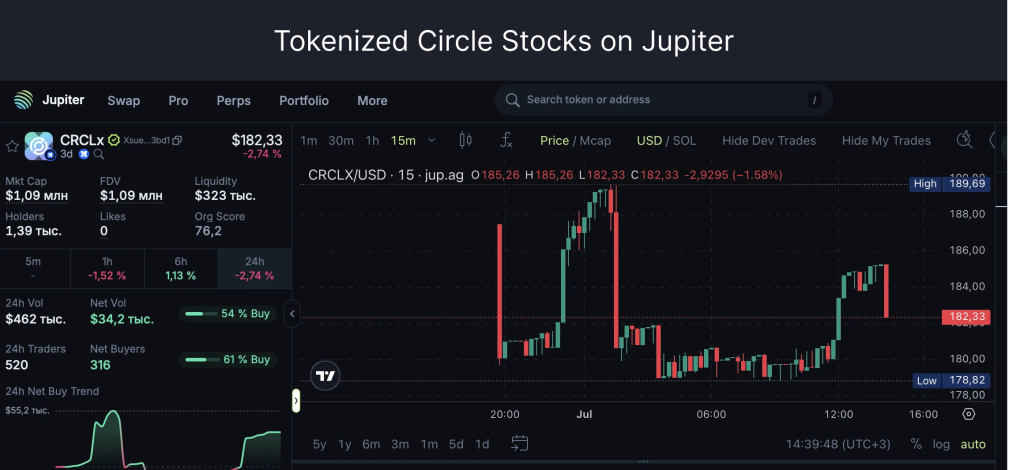
Supply Cap & Market Access
A Twitter user “Laine” discovered that each stock has a capped supply of 6,000 tokens, meaning only 6,000 units of any given xStock (e.g., TSLA, MSTR, SPY) can be minted.
While some listings remain exclusive to certain platforms, the broader market is accessible globally via decentralized exchanges (DEXs), except for U.S. citizens and retail investors in the UK, who are restricted due to regulatory constraints.
Regulatory Framework
Backed Finance is headquartered in Zug, Switzerland , leveraging the DLT Act 2021 , which recognizes tokenized securities on par with traditional instruments.
Token issuance is handled jointly by:
- Backed Finance AG (Switzerland)
- Backed Assets (JE) Limited (Jersey)
U.S. residents are prohibited from participating due to the legal uncertainty around tokenized securities under SEC jurisdiction. The agency considers such tokens as securities and requires registration, though no approvals have yet been granted.
Coinbase recently submitted a formal request to the SEC seeking permission to offer tokenized stocks.
Robinhood Enters the Space
In parallel, Robinhood announced the launch of Robinhood Stock Tokens for European customers, offering over 200 tokenized stocks and ETFs on Arbitrum.
Key details:
- Licensed through Robinhood Europe
- Plans to transition to its own Layer-2 blockchain in 6–12 months
- Also includes tokenized shares of private companies like OpenAI and SpaceX
Unlike xStocks, Robinhood’s approach is more centralized:
- Single provider handles custody and trading
- No wallet withdrawal capability at launch
Following the announcement, Robinhood’s stock price (HOOD) hit an all-time high.
Advantages of Tokenized Equities
Tokenizing traditional assets unlocks several benefits:
- 24/7 trading access
- Instant settlement without intermediaries
- Fractional ownership
- Programmable capital via smart contracts
- Cross-border accessibility
Risks & Concerns
Despite their potential, tokenized stocks introduce new risks:
- Counterparty risk: Platforms, custodians, exchanges, and oracles become critical points of failure
- Regulatory uncertainty, especially in the U.S.
- Retail investor behavior: Continuous trading may lead to impulsive decisions without time for reflection
- No direct dividends or governance rights
- No on-chain IPOs or bond issuance capabilities
- Irreversible off-chain to on-chain conversion: Once purchased, physical shares cannot be moved onto the blockchain
Community Reactions
Twitter sentiment reflects both optimism and skepticism:
- Adam Levine (Co-founder, Backed Finance): Described xStocks as a monumental step toward democratizing access to financial markets.
- Arjun Sethi (Kraken): Sees tokenized stocks as a Trojan horse disrupting traditional finance and empowering individual investors.
- AB Kuai.Dong: Highlights bullish momentum for Solana (SOL) and Arbitrum (ARB), noting ARB’s recent volatility in response to news cycles.
- Big Wiz & MartyParty: Predict strong upside for SOL, suggesting targets above $150 and even $200 as adoption grows.
- BowTiedBull: Satirizes the trend, calling it a “24/7 equity casino” likely to intensify screen addiction among crypto traders.
- z3r0: Expresses skepticism, labeling tokenized stocks as another speculative scheme rather than true innovation.
Conclusion
The launch of xStocks and similar initiatives represents a pivotal shift in how investors interact with traditional assets. By bridging TradFi and DeFi, tokenized stocks promise greater efficiency, inclusivity, and programmability — but also bring complex regulatory, operational, and behavioral challenges.
As platforms like Backed Finance and Robinhood continue to innovate, the next phase will hinge on:
- Regulatory clarity
- Scalability of infrastructure
- User adoption
- Interoperability across chains and asset classes
Whether this marks the beginning of a new era in capital markets or just another speculative cycle remains to be seen — but one thing is clear: the future of finance is becoming increasingly tokenized.
